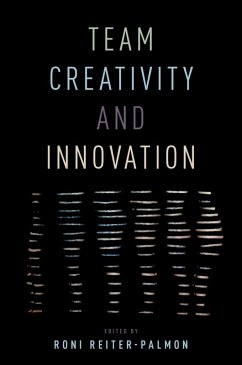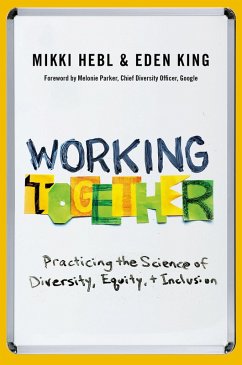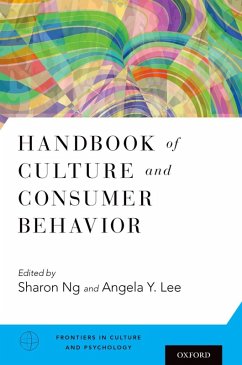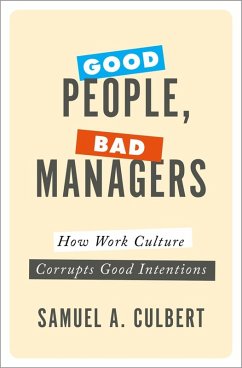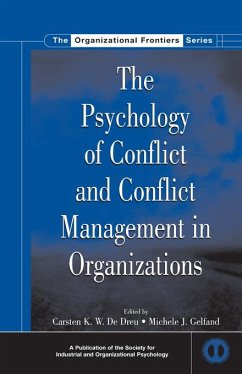
Psychological Capital and Beyond (eBook, ePUB)

PAYBACK Punkte
11 °P sammeln!
Although there are as many answers to the question of how organizations can gain competitive advantage in today's global economy as there are books and experts, one lesson seems very clear: traditional answers and resources are no longer sufficient. This seminal book offers not only an answer regarding how to gain competitive advantage through people, but also a brand new, untapped human resource--psychological capital, or simply PsyCap. Generated from both the positive-psychology movement and the authors' pioneering work on positive organizational behavior, PsyCap is a rigorous concept: to be...
Although there are as many answers to the question of how organizations can gain competitive advantage in today's global economy as there are books and experts, one lesson seems very clear: traditional answers and resources are no longer sufficient. This seminal book offers not only an answer regarding how to gain competitive advantage through people, but also a brand new, untapped human resource--psychological capital, or simply PsyCap. Generated from both the positive-psychology movement and the authors' pioneering work on positive organizational behavior, PsyCap is a rigorous concept: to be included in PsyCap, a given positive construct must be based on theory, research, and valid measurement, must be open to development, and must have measurable performance impact. The positive constructs that have been determined to best meet these PsyCap criteria--efficacy (confidence), hope, optimism, and resiliency--are covered in separate chapters in Psychological Capital and Beyond. Following an exploration of other potential positive constructs such as creativity, wisdom, well-being, flow, humor, gratitude, forgiveness, emotional intelligence, spirituality, authenticity, and courage, the authors summarize the research demonstrating the performance impact of PsyCap. They go on to provide the PsyCap Questionnaire (PCQ) as a measurement tool, and the PsyCap Intervention (PCI) as a development aid. Psychological Capital and Beyond provides theory, research, measurements, and methods of application for psychological capital, a resource that can be developed and sustained for competitive advantage. Each copy includes a complimentary PsyCap online self-assessment.
Dieser Download kann aus rechtlichen Gründen nur mit Rechnungsadresse in A, B, BG, CY, CZ, D, DK, EW, E, FIN, F, GR, HR, H, IRL, I, LT, L, LR, M, NL, PL, P, R, S, SLO, SK ausgeliefert werden.







